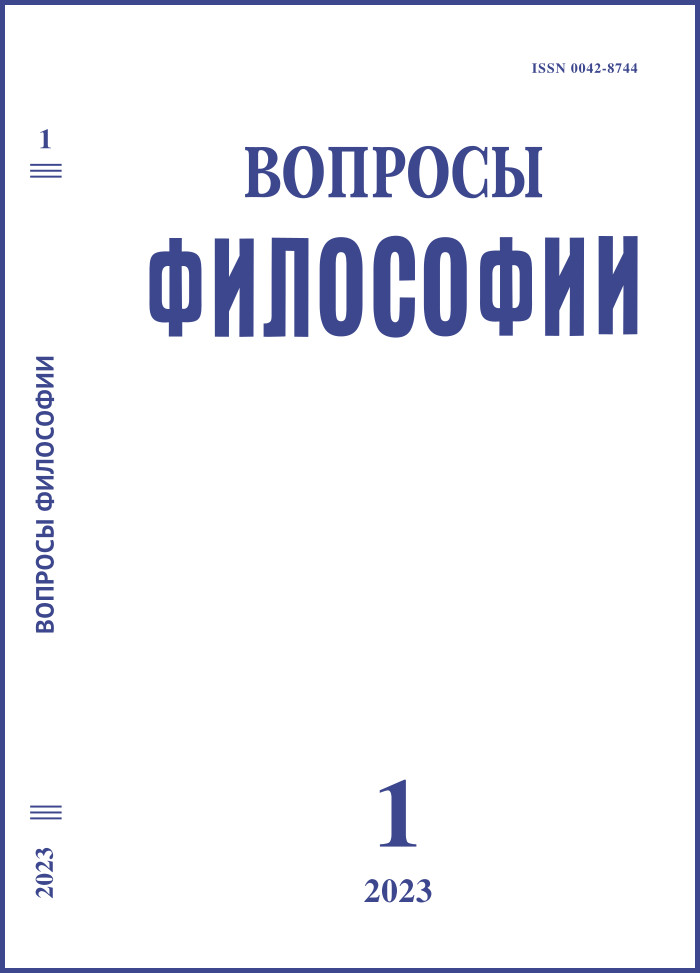Wisdom and Sages in Tales of Times Now Past
DOI:
https://doi.org/10.21146/0042-8744-2023-1-161-173Keywords:
Japanese culture, didactic tales, setsuwa, Konjaku monogatari-shū, wisdom, sage, tradition.Abstract
Tales of Times Now Past (Konjaku monogatari-shū, 1120s) is the most extensive Japanese didactic tales (setsuwa) compilation, a significant source for exploration of medieval Japanese culture. This tales collection consists of more than one thousand stories, in which action takes place in India, China and Japan. The text had been created by highly educated authors mostly for unsophisticated readers, and in the same time it is positioned on the intersection of different religious and literary traditions. In this paper the way how heritage of those traditions is transformed in setsuwa is considered on the example of conception of wisdom. In Konjaku monogatari-shū this conception is multicomponent, has much in common with one in the Chinese classical philosophy and determined by Buddhist world outlook, which was intrinsic for the investigated tale collection. Great variety of characters from all social groups can be described in the Tales like people, who possess the wisdom in one its aspect or another: there are not only famous sages such as Confucius and Zhuang Zhou, prominent Buddhist saints or even Gautama Buddha himself, not only sovereigns and high officials, but also common laity, men and women, children and elderly people. There is a great similarity between concept of “wisdom” in this text and the one of modern Japanese people.

